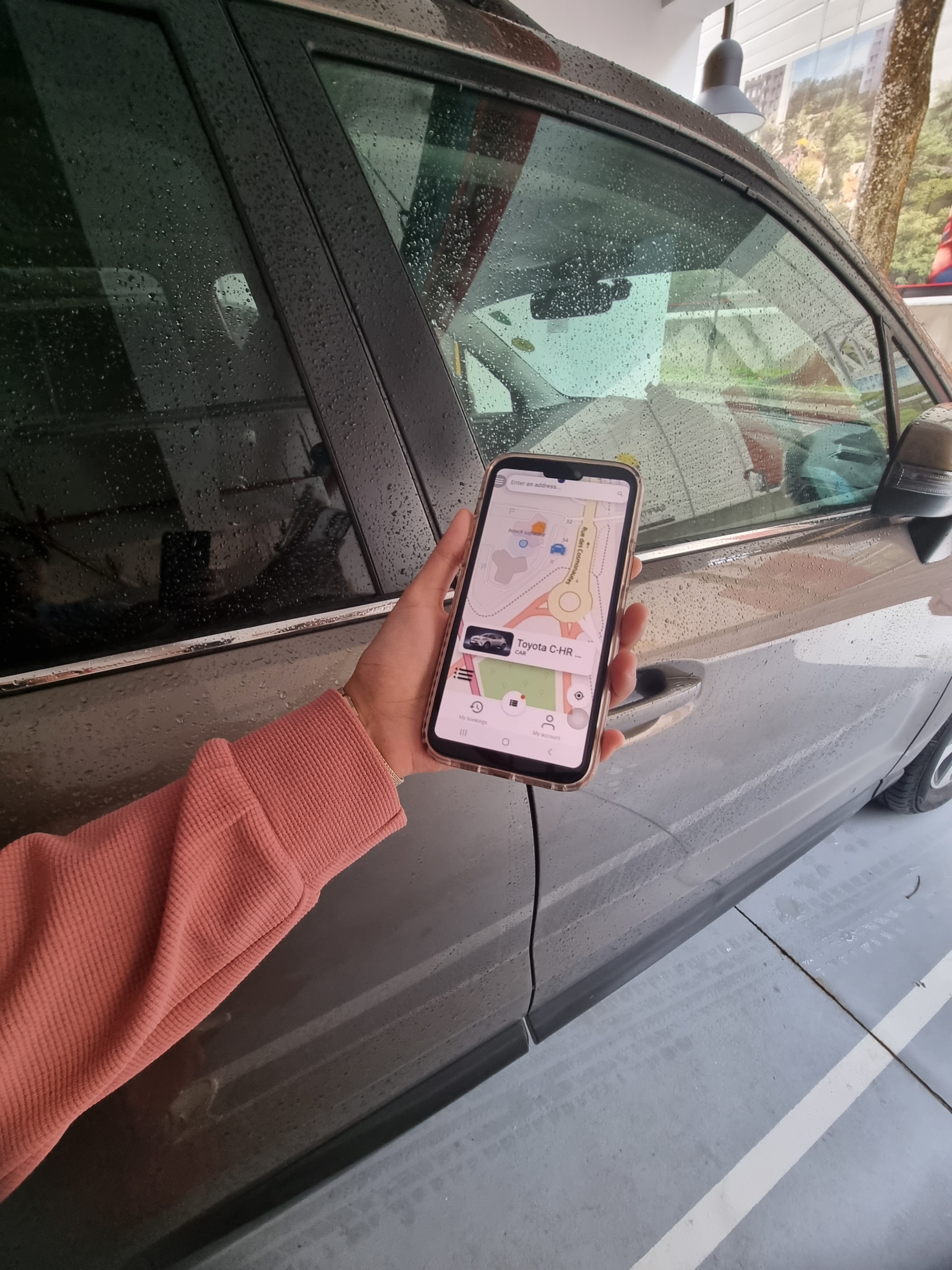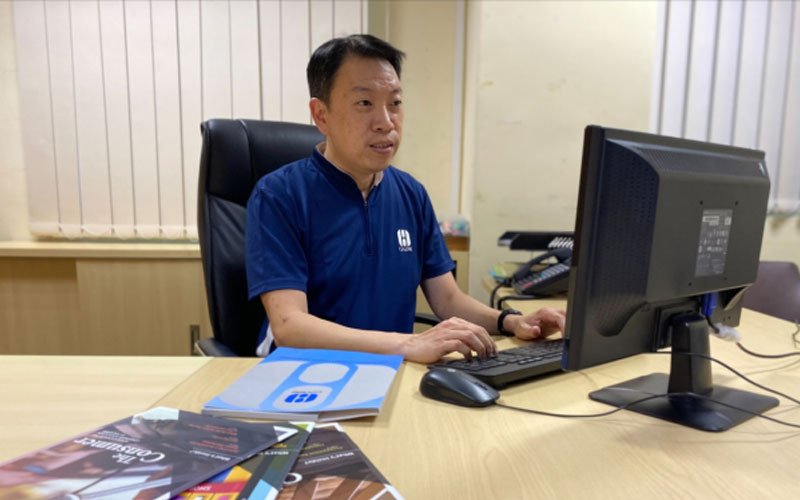
My first 100 days
This article is contributed by Melvin Yong, CASE President. Any extracts must be attributed to the author.
It has been 100 days since I took over as the 12th president of the Consumers Association of Singapore (CASE), and what an incredible learning journey these past three months have been
Penning my thoughts as CASE President.
From meeting spa owners to direct sellers, pre-owned car dealers to cooperatives, I found that the ambit of CASE stretches far and wide to protect consumers in Singapore.
A Look Back At 50 Years Of Protecting Consumers
Since its founding in 1971, CASE has always been a steward in advocating for better consumer protection.
Did you know that the Small Claims Tribunals were created in 1985, after years of lobbying by CASE?
Back then, we needed an avenue for consumers to resolve disputes in a quick and affordable manner, rather than a lengthy court process, and CASE had actively championed for the need to create the tribunals. Today, claims of up to $20,0001 can be heard at the Small Claims Tribunals.

CaseTrust is another significant achievement in our history of protecting consumers’ interest. The CaseTrust accreditation scheme was launched in 1999 to instill consumer confidence and to encourage businesses to adopt fair trading and business practices. The scheme has worked well, with many consumers actively looking for “CaseTrusted” businesses when sourcing for high-value purchases.
But consumers’ purchasing habits have changed drastically in recent years. CASE must therefore also evolve in tandem, to better protect the consumers of today and tomorrow.
In my blog post, I will outline five key focus areas for CASE moving forward.
Is E-Commerce A Boon Or Bane?
First, we need to strengthen consumer protection in e-commerce.
E-commerce has been growing at a fast pace in Singapore for several years, and COVID-19 has further accelerated the trend in online shopping. According to a recent Straits Times report, e-commerce sales in Singapore are expected to grow to US$10 billion (S$13.4 billion) by the end of 2026!

But a survey by Blackbox and Toluna shows that almost 40% of Singaporean consumers are not satisfied with their user experience on e-shopping sites. Many felt that delivery costs, product prices and delivery time were below their expectations and could be better.
To add to the woes of online shoppers, there are many pitfalls that they encounter regularly when shopping. A CCCS study found that two out of three online shoppers encounter unfair practices2, such as fake limited time discounts and false deals. When transacting online, consumers also risk having their personal and payment information stolen by hackers and getting scammed.
With such unsavoury practices lurking and constantly evolving in the e-commerce space, it is no wonder that about one in five complaints received by CASE from January 2020 to June 2021 were related to online purchases.
To tackle such issues, I have asked CASE to engage the major online marketplaces in Singapore to establish a proper dispute management framework for consumers. While we cannot completely eliminate disputes, we hope to help consumers resolve their disputes fast and equitably, so that we can build trust between consumers and online marketplaces in the long run.
I have also asked CaseTrust to establish an accreditation scheme for web-front businesses to provide consumers with trusted choices for them to shop online with peace of mind.
Paying Upfront?Beware Who You Are Giving Your Hard-Earned Money To
Second, we need to strengthen protection against large prepayments.
You may recall the abrupt closure of California Fitness in 2016, which left 27,000 members in the lurch with over $20 million in unused gym access fees and unredeemed training sessions. More recently, the sudden closure of STA Travel in 2020 left hundreds of customers with unfulfilled flights and travel packages.
In most cases, consumers who have been caught out by such business closures will never get their money back.
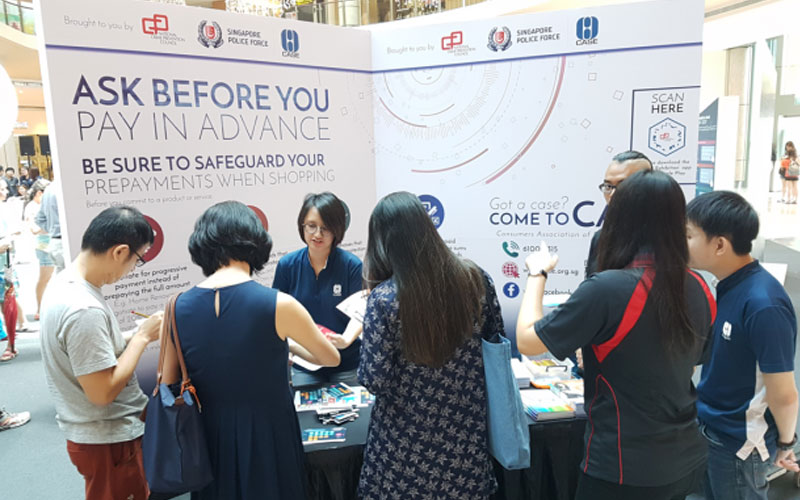
Unknown to many, businesses accredited under selected CaseTrust schemes3 are required to protect consumers’ prepayments or deposits. This is part of CASE’s ongoing efforts to safeguard consumers’ hard-earned money. So, if you are intending to purchase services with a large sum as prepayment, I encourage you to consider CaseTrust accredited businesses.
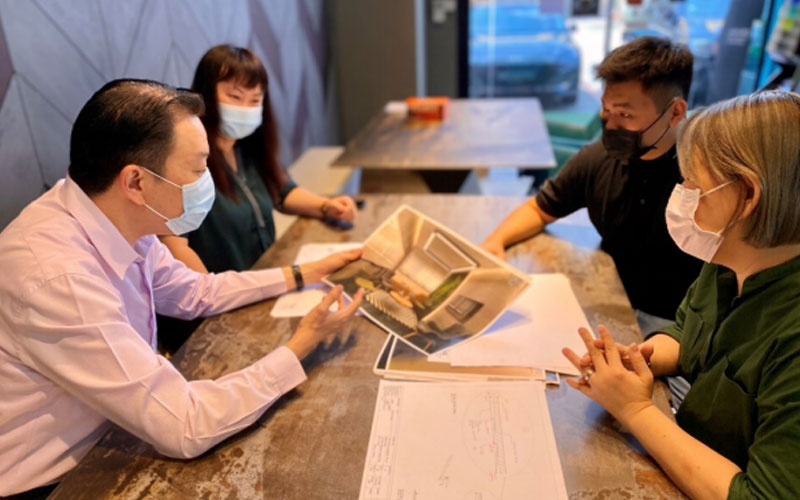
Moving forward, CaseTrust will grow in breadth and depth.
CaseTrust will reach out to industries where accredited companies are few and far between, such as furniture, department stores and gyms. This will offer consumers with a wider range of reliable businesses to enhance their shopping experience.
I have also urged CASE to work closely with industry associations to encourage their member companies to apply for accreditation. We are in talks with several associations, and I look forward to some positive outcomes soon.
To address the perennial complaint from consumers that they were pressured to buy a package deal, we will call for a mandatory cooling-off period for certain high-value prepayments. For a start, we will encourage businesses in the hair, beauty and massage industries to offer consumers a voluntary 5-day cooling-off period for goods and services sold at their stores.
We hope these initiatives will lessen the risk of consumers losing their hard-earned money through hefty prepayments.
Stamping Out Unfair Practices Swiftly
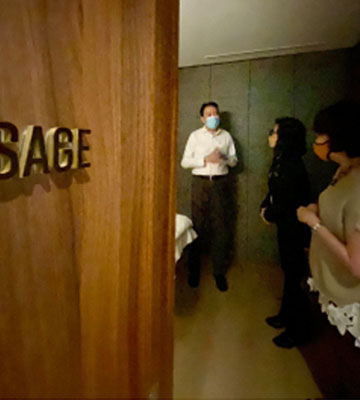
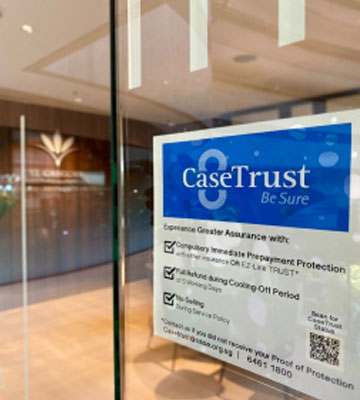
Third, we want to swiftly stamp out unfair business practices. To do so, we need early intelligence on unsavoury business practices.
Last September, it was reported that an elderly cleaner was allegedly coerced to pay more $13,000 at a beauty salon during a five-hour sales pitch. According to her, when her debit card was insufficient to meet the payment amount, the staff brought her to the nearest bank to withdraw money to pay for the products.
Such unfair practices are unacceptable and are prohibited under the Consumer Protection (Fair Trading) Act (CPFTA)4.
While consumers are protected under CPFTA, we need to push for stronger deterrence of unfair practices. We must ensure that recalcitrant businesses are dealt with promptly to minimise the number of victims. We cannot wait for months or years for investigation by the authorities to take place while the errant businesses continue to ensnare more consumers. There must be swifter and more rigorous enforcement of the CPFTA.
CASE will set up an online forum for consumers to share honest and genuine reviews of products and services. The feedback received will also serve as an early warning sign of unfair businesses looking to prey on unsuspecting consumers.
COMPARING PRICES TO GET THE MOST OUT OF EVERY DOLLAR
Fourth, we strive to further empower consumers to make informed purchase decisions, and price transparency is paramount.
As Chairman of the Consumer Empowerment Taskforce, I was deeply involved in the launch of Price Kaki5 and Fuel Kaki6 – online platforms that help consumers to compare the real prices of certain goods and petrol by peeling away confusing marketing discounts.

As at August 2021, the Price Kaki app has been downloaded over 76,000 times, while the Fuel Kaki website has an average of 25,000 views per month.
I am encouraged to know that consumers find such tools useful, and we will expand the coverage of Price Kaki – more retailers, more products, more services – to benefit more consumers.
THE DANGEROUS RISE OF PERSONAL DEBT
The fifth focus for CASE will be to arrest the alarming trend of debt, particularly among the younger consumers
There have been a number of recent news articles covering the issue of increasing levels of debt among Singaporeans, how the younger generation do not see debt as an issue, and how uncontrolled debt could ruin relationships.
Many financial firms are also dangling attractive “buy now, pay later” (BNPL) instalment plans to encourage consumers to spend by borrowing from their future earnings. These unregulated plans appear to make purchases more affordable. But this could lead to excessive spending and impulsive buying among consumers.
According to the latest data from Credit Bureau Singapore, the average personal loans and overdraft balances for those under 30 years old rose by 23% in the first quarter of 2021 compared to the same period last year. If left unchecked, we could see a whole generation of young Singaporeans overburdened by personal debt.
To protect consumers’ interests, CASE will be advocating for a holistic review of the unsecured credit landscape for consumers. We will study and call for new regulations to require retailers to inform consumers on the risks of taking up instalment payment schemes, including the need to inform consumers upfront of the total amount payable for an item purchased via instalments.
We will also work with the relevant stakeholders to encourage greater financial literacy among all segments of the population.
MOVING TOWARDS A CONSUMER-FRIENDLY SINGAPORE
It has been 50 years since we started as a small outfit in Shenton Way.
As we evolve CASE to stay relevant to changing consumer trends, we will continue to work closely with our industry partners and the Competition and Consumer Commission of Singapore (CCCS) and look into new areas where we can better protect consumers’ interests.

If my first 100 days at CASE have taught me anything, it is that we can build trust and confidence between consumers and businesses and move closer to our vision of a consumer-friendly Singapore.
- By default, the Tribunals hear claims up to $20,000. This limit can be raised to $30,000 with both parties’ consent.
- The definition of an unfair practice can be found in Section 4 of the Consumer Protection (Fair Trading) Act.
- Businesses accredited under the Renovation and Spa and Wellness schemes are required to protect consumers’ prepayments or deposits.
- The Consumer Protection (Fair Trading) Act (CPFTA), which took effect on 1 March 2004, is an Act to protect consumers against unfair practices and to give consumers additional rights in respect of goods that do not conform to contract.
- Price Kaki is the first mobile application in Singapore which will allow consumers to have easy access to in-store retail prices and promotions of common household items, groceries, and hawker food through a single platform.
- Fuel Kaki is a retail fuel price comparison website to facilitate comparison of effective prices of retail fuel for consumers.



